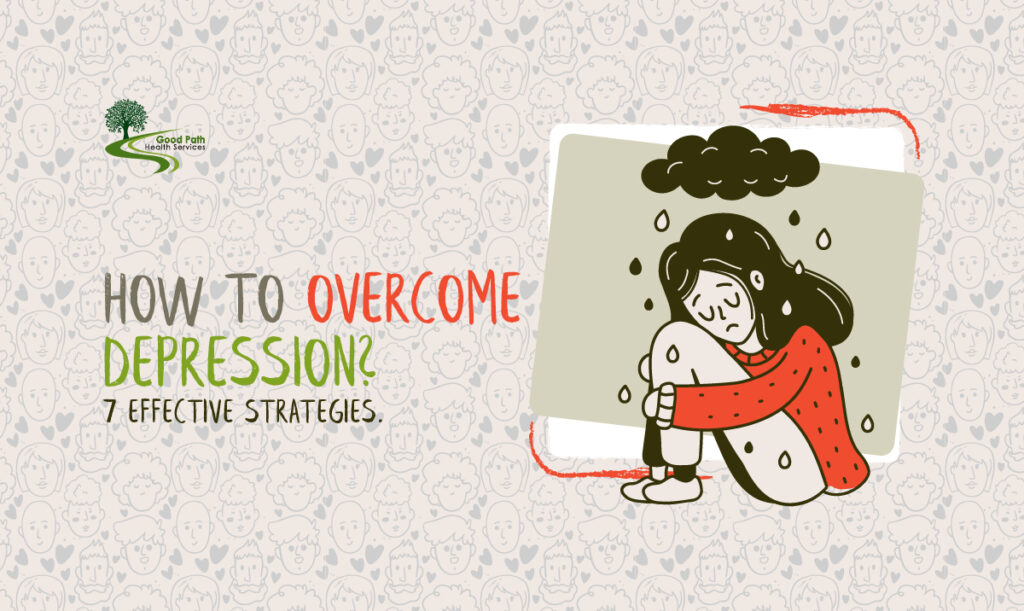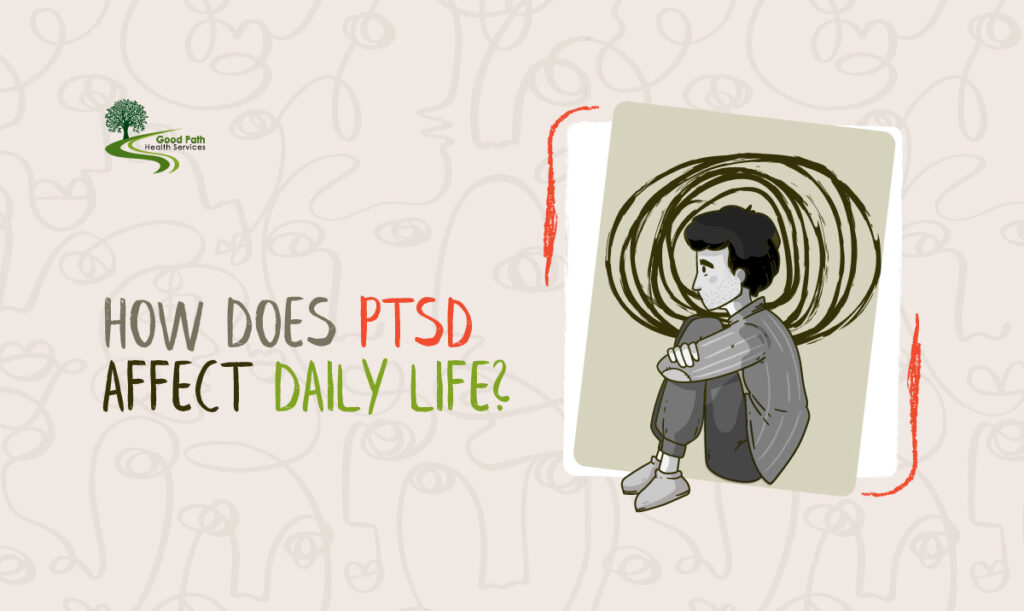
The growing awareness and understanding of mental health has encouraged people to look for treatment and care.
When it comes to mental health issues, there are many treatment options available, among them:
Those seeking mental health care must understand the different treatment options available to them.
In the following post, we discuss the question if psychiatrists can prescribe medication and what their role is in mental health treatment.
The Basics of Psychiatry
Let’s begin by understanding what psychiatry is.
Psychiatry is a medical specialty that focuses on the diagnosis, treatment, and prevention of mental health disorders.
Psychiatrists are medical doctors who have completed specialized training in mental health and are experienced in diagnosing and managing different mental health disorders.
Psychiatrists as Medical Doctors
One of the main differences between psychiatrists and other mental health professionals is their medical background.
Psychiatrists have intensive medical training. They earn a medical degree (MD or DO) and complete a residency program in psychiatry.
This in-depth education gives them a comprehensive understanding of the human mind, brain, and body — in turn providing holistic care.
Can a Psychiatrist Prescribe Medication?
Now, back to the question at hand: Can a psychiatrist prescribe medication? The answer is a strong yes — they can.
Psychiatrists are licensed medical doctors and have the authority to prescribe medication for mental health conditions.
The scope of prescription privileges and prescribing practices vary from jurisdiction to jurisdiction, however.
What Is a Psychiatrist Appointment Like?
If you’re planning to visit a psychiatrist for the first time, you might feel a bit anxious about what to expect.
A normal psychiatrist appointment is an opportunity for both you and the psychiatrist to understand your current mental health status and develop a treatment plan together.
Initial sessions usually involve a comprehensive assessment where the psychiatrist will ask about:
- Your medical history.
- Mental health history.
- Your lifestyle.
- Current symptoms.
This conversation helps to make a diagnosis and decide whether medication might be an appropriate part of your treatment.
It’s also a space for you to ask questions and voice concerns.
In general, the goal of a psychiatrist appointment is to create a caring and supportive environment for recovery and to improve mental health.
Questions to Ask Psychiatrist
A psychiatrist can help you better understand your treatment if you come prepared with questions.
Here are some questions to think about:
- Can you explain my diagnosis and how it might affect me?
- What treatment options are available for my condition?
- How do the prescribed medications work, and what are their possible side effects?
- How long will it take before I start to see improvements in my symptoms?
- Are there any lifestyle changes or therapies that can complement my medication treatment?
- What should I do if I experience side effects or if my symptoms don’t improve?
- How often will we need to meet for follow-up appointments?
- Are there any risks if I decide against medication?
- Can you provide any resources for additional support or information about my condition?
Psychiatrists vs. Other Mental Health Providers
When it comes to understanding the role of psychiatrists, it’s essential to know how they differ from other mental health professionals.
Psychologists and therapists mainly provide therapies, like talk therapy, cognitive-behavioral therapy, or psychotherapy.
Even though these therapies are beneficial for many people, they do not have prescribing privileges.
Psychiatrists, meanwhile, are ideally suited to provide medication management, alongside therapy or counseling, if necessary.
Their Collaboration with Other Professionals
Collaboration between mental health professionals is essential for comprehensive and effective treatment.
Many times, psychiatrists coordinate with psychologists, therapists, counselors, and other healthcare providers for a holistic take on mental health care.
This integrated method consists of therapy, counseling, and medication management. This makes treatment more personalized.
Benefits of Medication in Mental Health Treatment
Medication can bring a lot of benefits to mental health treatment, especially for those who have certain conditions.
Conditions like depression, anxiety disorders, bipolar disorder, and schizophrenia respond well to medication management.
Psychiatric medications can help:
- Manage symptoms.
- Stabilize mood.
- Ease anxiety.
- Improve focus.
- Lessen distress.
Precautions and Side Effects
Even though medication can be beneficial, it’s important to be aware of its side effects.
Different medications have distinct effects and might not be right for everyone.
Psychiatrists emphasize informed consent and ongoing supervision to ensure any medication prescribed is safe, effective, and tolerable.
Patients need to be open about the side effects that they might experience, so their psychiatrist can make adjustments to their treatment.
Finding the Best Psychiatrist for Anxiety and Depression Near Me
Choosing the right psychiatrist for anxiety and depression requires careful research.
Find a psychiatrist both qualified and someone who you feel comfortable talking to.
If you are searching for a psychiatrist who specializes in anxiety and depression, take the following steps:
- Ask for referrals. Ask your primary care provider for a list of recommended psychiatrists. Also, ask someone who has had a positive experience with a mental health professional.
- Verify credentials. Make sure the psychiatrist is board-certified and has experience treating anxiety and depression.
- Check compatibility. Look for psychiatrists who offer an initial evaluation before making a decision.
- Consider logistics. Find out if the psychiatrist’s office is convenient for you. Additionally, check if they accept your insurance.
- Read reviews. Check out online reviews and testimonials from previous patients to see how satisfied and successful they were.
If you need expert psychiatric care and guidance, there is help available.
At Good Path Health Services, we provide both in-person and telehealth care. Contact us today to schedule your evaluation.
Summary
Can a psychiatrist prescribe medication? Yes, they can.
Psychiatrists play an important role in mental health care. They have experience diagnosing and prescribing medication when appropriate.
Weigh all treatment options and find the one that best suits your situation when it comes to mental health care.
A professional can help patients receive a thorough treatment that meets their needs.
If you’re considering a psychiatrist appointment, don’t hold back on asking them questions.
For information on mental health care and medication management, please reach out to us at Good Path Health Services.
We can provide resources and care for you.
FAQs
How to see a psychiatrist without a referral?
You do not usually need a referral to see a psychiatrist. Yet, it depends on your health insurance policy.
It’s a good idea to check with your insurance provider to understand what’s needed.
Can a psychiatrist prescribe pain medications?
Yes, psychiatrists can prescribe pain medication.
However, their focus is usually on psychiatric drugs.
Consult a pain specialist if you need long-term pain management.
Do I need a referral to see a psychiatrist?
A referral isn’t necessary to see a psychiatrist.
However, some insurance providers require one for reimbursement.
Always ask your insurance provider about their requirements.
How can I find a child psychiatrist near me?
There are several resources to find a child psychiatrist in your area.
You can:
- Ask your pediatrician for a referral.
- Use online directories of professional organizations like the American Academy of Child and Adolescent Psychiatry.
- You can also ask your local health department for resources.



